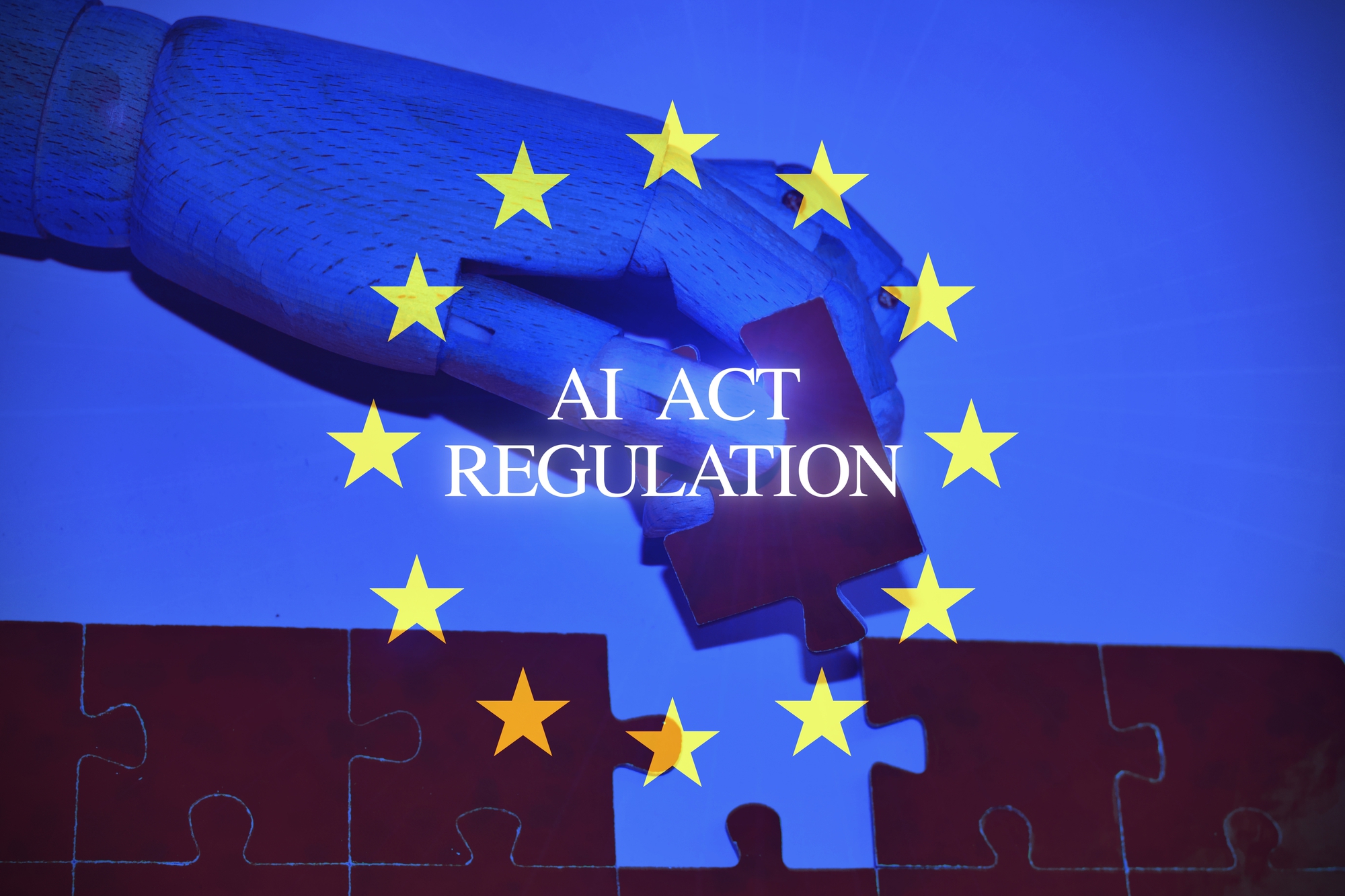After reaching political consensus in December, EU lawmakers approved by a majority vote (523 — «for») a landmark document that will regulate AI and require transparency from suppliers, reports The Verge.
«Europe is setting global standards in artificial intelligence right now», — Thierry Breton, European Commissioner for Internal Market, wrote on X.
The President of the European Parliament, Roberta Mecola, called the law groundbreaking, saying that it would promote innovation while protecting fundamental rights.
«Artificial intelligence has already become a part of our daily lives to a large extent. Now it will also be part of our legislation,» she wrote on the social network.
What does the Law propose?
EU law on artificial intelligence divides technologies into risk categories, ranging from generally «unacceptable» (which will be banned) to technologies of high, medium and low risk.
An example of «unacceptable» technologies is remote biometric identification systems based on artificial intelligence for face scanning by local authorities. «High risk» applications include critical infrastructure, product security components, essential private and public services, law enforcement technologies that may violate human rights, etc. Programs with «limited risk» will be required to be more transparent (as an example, users’ interaction with chatbots and the ability to learn more about the interaction process, as well as guarantees that the content created by AI can be identified).
The law provides space for «free use» of artificial intelligence «with minimal risk», which includes applications such as AI-enabled video games or spam filters. According to the EU, the vast majority of» AI systems used in the bloc currently fall into this category.
At the same time, the EU Artificial Intelligence Law still does not clarify how companies should treat copyrighted material that is part of the model’s training data.
What are the penalties?
Penalties fluctuate up to €7.5 million or 1.5% of the company’s total global turnover (whichever is greater) for providing incorrect information to regulators; up to €15 million or 3% of global turnover for violating certain provisions of the law, such as transparency obligations; up to €35 million or 7% of turnover for deploying or developing prohibited AI tools.
When will it come into force?
The law still has to undergo a final review and receive approval from the European Council.
It will enter into force 20 days after publication in the official journal and will be fully applied in 24 months with some exceptions:
- restrictions on prohibited practices will apply 6 months after the date of entry into force;
- general purpose artificial intelligence rules (12 months after entry into force);
- obligations for high-risk systems (36 months).
What about other countries?
China has already introduced a whole a number of laws on artificial intelligence. The United States, on the other hand, has failed to begin regulating artificial intelligence, despite being home to major players such as Meta, Amazon, Adobe, Google, Nvidia, and OpenAI. The Biden administration has only issued an executive order forcing government agencies to develop security standards and rely on voluntary, non-binding agreements signed by major AI players. Several bills submitted to the Senate have mostly focused on diplomatic facilitation and watermarks.
Last year in August, Mykhailo Fedorov said that the Ministry of Digital Transformation started work on regulatory rules for the use of AI in Ukraine.

